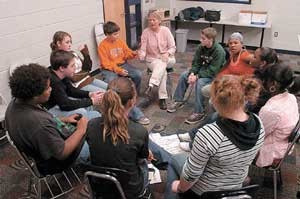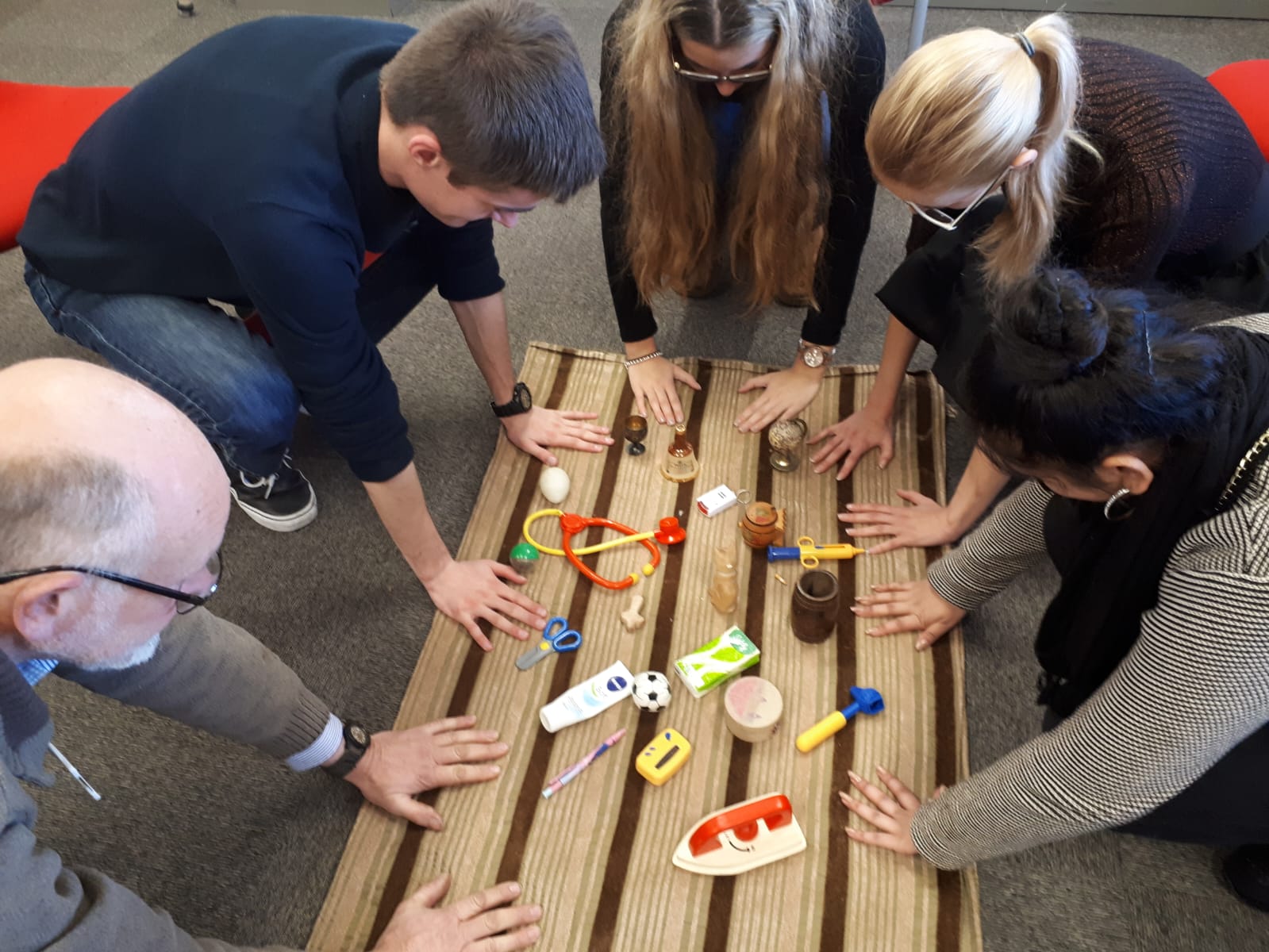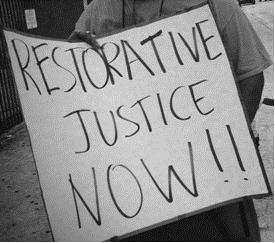Restorative Justice Approaches in Schools Training
Restorative Justice Practitioner’s Training for Teachers Foundation Training in Restorative Justice Approaches for Teachers






Two decades of national and international studies have found that expelled or suspended students are vastly more likely to drop out of school or end up in jail than those who face other kinds of consequences for their actions (Restorative Circles).
We are committed to train school teachers and pupils on the need and benefits of Restorative Justice Circles.
Restorative Justice in schools is used as an alternative to school exclusions as well as improving the school climate. Its impact on behaviour and attendance is transformational and the benefits to relationships can be seen permeating the whole school culture from pupils to dinner staff to teachers. Restorative Approaches promote effective communication that lead to increased understanding, knowledge and skills for all involved. Why wouldn't schools implement such an approach?
When restorative justice is introduced as a whole school policy, it has been widely evidenced as having a major impact on the learning and teaching of the school community, forging more respectful and productive relationships and successfully addressing behaviour and attendance issues.
The types of problems that are effectively tackled by introducing restorative justice in school include:

- Serious bullying
- Criminal damage in school
- Healing rifts between school and parent
- Classroom conflict
- Poor attendance
- Averting exclusion
Schools are seeking ways to create a safe environment for their students, but incidences of bullying and violence still pervade. Student suspension rates are on the rise and many argue that forbidding students from coming to school exacerbates, rather than remediates, the problem. Suspension may also lack effectiveness since it denies conversation about underlying issues and unmet needs. Nor does suspension offer alternative strategies for handling anger effectively or navigating conflict tactfully; non-violently. Basically, it skips over the teaching point.
Enter Restorative Justice, which has been shown not only to decrease suspension rates anywhere from 40% to 80%, but has also resulted in a nearly 50% drop in absenteeism and a 60% decrease in tardiness. Restorative Justice has the potential to offer negative leaders reason enough and structure enough to step into positive leadership roles inside and outside of the classroom.

We offer training to teachers and pupils/students
Jane: 07736185029
Denis @ the office on 01162222629/07538706914
Home farm Centre Leicester, LE4 OSU
Email: info@rji.org.uk
Website; www.rji.org.uk
